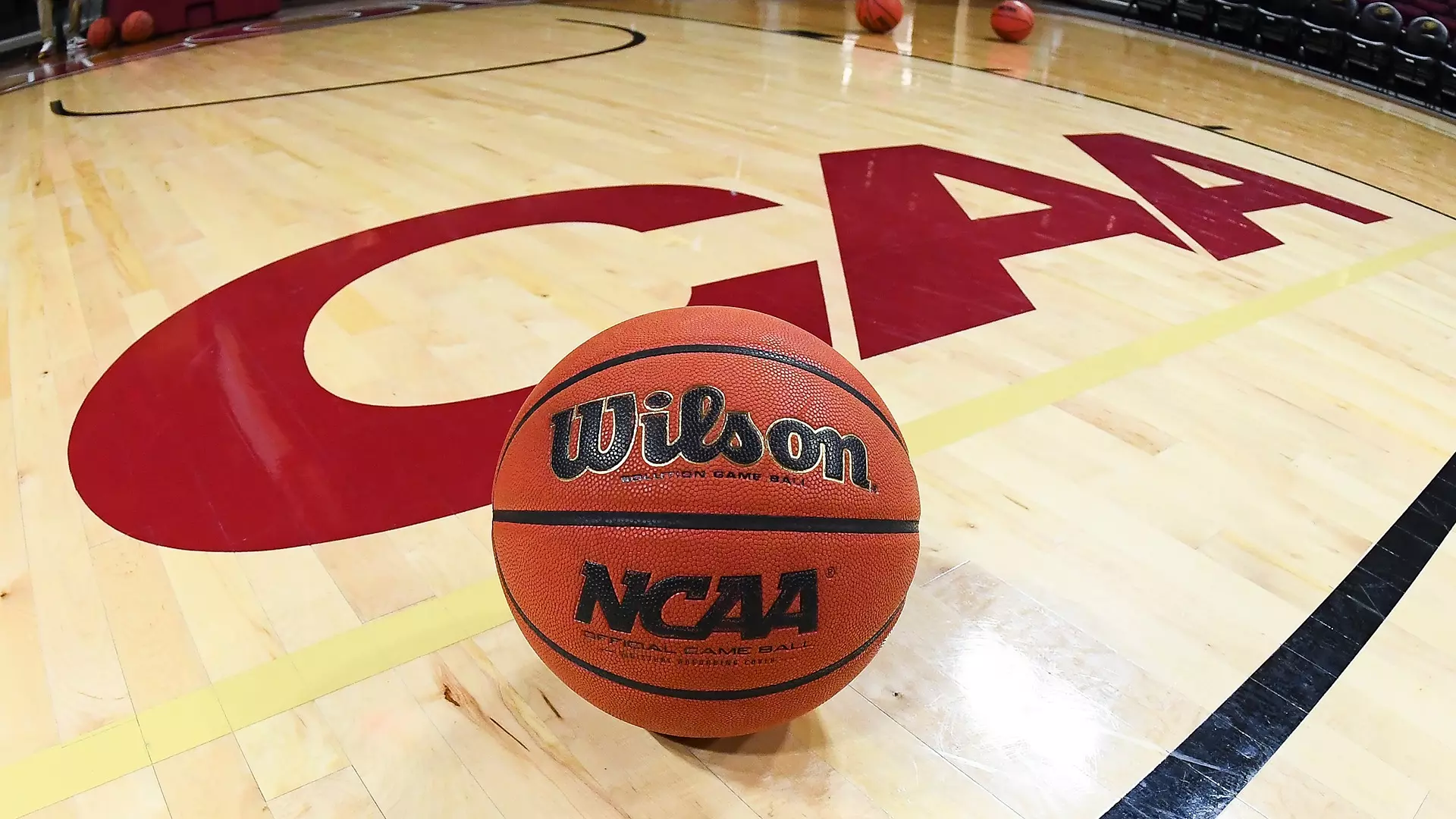Texas firing Tom Herman is the latest example that the football beast must be fed ever-increasing amounts, even when college athletics is navigating a financial crisis.
By Pat Forde of Sports Illustrated:
A long time ago, way back in mid-December 2020, Texas athletic director Chris Del Conte issued a statement saying that Tom Herman is the coach of the Longhorns football program. As shows of support go, this was the bare minimum. Now we know why.
What the statement didn’t say is that Herman would remain the coach of the Longhorns football program. Del Conte fired him three weeks later, seemingly out of the blue. And now Texas joins South Carolina and Auburn in spending tens of millions of dollars trying to fix football while also wringing hands over how much money they’re losing.
College Sports Inc. has never been more hypocritical, never been more at odds with itself, than it is today.
The total bill for firing Herman and hiring his replacement—Alabama offensive coordinator Steve Sarkisian—is going to be well north of $40 million. Perhaps north of $50 million. Herman’s buyout is in the $15 million range, plus an estimated $9 million for the rest of the staff. Texas’s vanity will not allow it to pay Sark anything less than $4 million a year—probably more—even though he hasn’t been a head coach since being fired at USC in 2015 and was making $2.5 million at Alabama.
This is being shelled out four months after Texas laid off 35 people within the athletic department, left 35 other jobs unfilled, put some workers on furlough and had nearly 300 employees take a temporary pay cut.
In-depth analysis, unrivaled access. Get SPORTS ILLUSTRATED’s best stories every weekday. Sign up now.0:20/0:29
“An extremely difficult time for our department,” Del Conte said at the time.
Four months later: We’re blowing money like tycoons over here, baby!
The money to do all this will come from actual tycoons, of course. Rich boosters whose lives were rendered intolerable by watching old rival Texas A&M and $75 million coach Jimbo Fisher rise to College Football Playoff contention while Texas remained mired in Pretty Good status under Herman. What good is living if you can’t win the ego battle with your Aggie pal at the country club or office?
“This is a water cooler state,” a Texas source said weeks ago. And the Horns were losing big at the water cooler.
So in that respect, this is just a bunch of rich guys deciding they need a new football coach and stroking the checks to make it happen. It would be nice if some of that money could go to restoring the jobs of those who were laid off, or refunding low-level employees who took a pay cut—but screw them. This is college football.
Texas’s massive money outlay is playing out against the backdrop of a budget-wrecking pandemic, and with athletic directors moaning about the additional hit that could accompany Name, Image and Likeness legislation. Compensation is coming at last for the unpaid labor force in 2021, and some of it will come from what have been revenue streams flowing into the athletic department. Administrators will publicly say they’re happy the players are getting their share, but they really don’t like the idea of sharing when they’ve never had to do it before.
Ultimately, the schools can always opt to take any revenue losses out of the hides of Olympic sports. The football beast must be fed ever-increasing amounts, even when college athletics is navigating a financial crisis. As my colleague Michael Rosenberg wrote last week, “College sports, purportedly a celebration of amateur athletics, are an exercise in big squashing little: large conferences whipping small ones, and revenue sports hogging resources from non-revenue sports.”
My stance in December was that the only way Texas could justify the money to fire Herman and his well-compensated staff was if it had Urban Meyer on the hook as the replacement. If you can bring in a national champion, make the move. If you’re firing a coach who improved the product over the previous regime (Herman was 32-18 in four seasons), the next guy has to be a slam dunk.
Instead, the next guy is Sark.
Will he work out? Maybe. If so, it’s a great redemption story for a guy who lost the USC job due to personal problems reportedly tied to alcohol use. And Sark has done exemplary work as Alabama’s OC, calling plays for what has become an offensive juggernaut. There is a reason the school bumped his pay to $2.5 million in 2020, highest of any offensive coordinator; Crimson tide coach Nick Saban valued his work that much.
But Sark has a career record of 46-35 at Washington and USC. His best season was going 9-4 with the Trojans in 2014, which by USC standards is somewhere between ho and hum. He’s never had a team finish a season ranked higher than 20th. He also was fired as offensive coordinator of the Atlanta Falcons in 2018.
That’s the guy triggering a $50 million decision?
Maybe at this stage of his life, Sarkisian is prepared to do his best work. He’s only 46 years old, and working under Saban is the best place both to rehab an image and learn how to lead a championship-level program. But anyone who says this is a sure thing is only guessing.
Once, Texas courted Saban. Then, it courted Meyer. Now, Texas is going to roll with Saban’s play caller and hope for the best.
Meanwhile, Texas has one other big move it needs to make this weekend: it needs to release the 18 December signees from their national letters of intent. They comprised the No. 18 class in the nation, according to SI All-American, and they were signed under false pretense regarding who would be their coach.
Maybe they’ll want to stay and play for the new regime. But maybe not. They should have every opportunity to pursue other options immediately after their bait-and-switch recruitment.
SI ALL-AMERICAN: Tom Herman Out at Texas as Recruiting Reputation Stalls
The tepid statement about Herman from Del Conte on Dec. 12 was almost assuredly as much about placating recruits and getting them signed as anything else. He issued it five days before signing day. In retrospect, it’s an incredibly cynical move.
Now those recruits have gotten an early indoctrination into College Sports Inc., where there is never enough money to adequately compensate the players but always enough to buy out a coach who isn’t winning enough.




